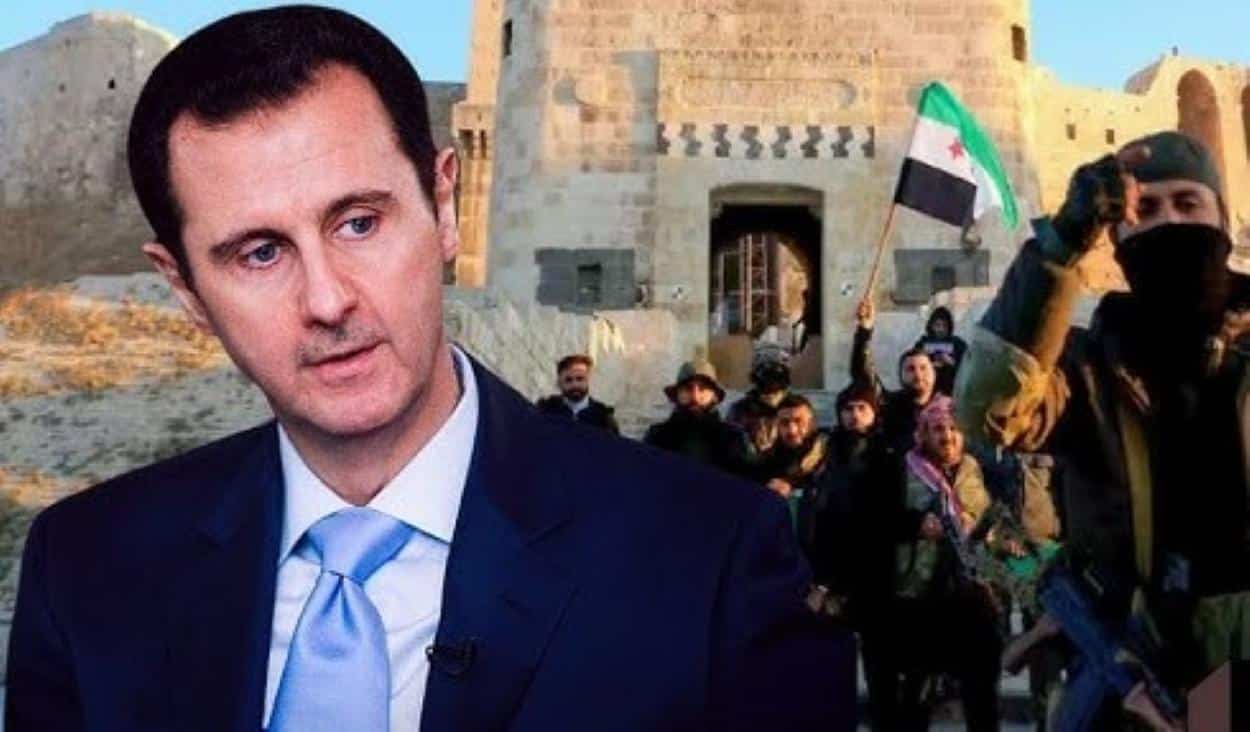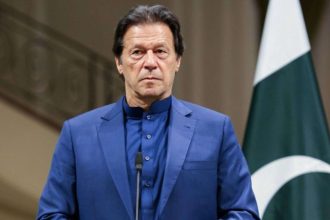Syrian President Bashar al-Assad has fled the capital for an unknown destination, marking a dramatic shift in the ongoing conflict.
Earlier reports suggest that Syrian government forces have vacated strategic locations, including Damascus International Airport, signalling a potential end to Assad’s rule.
Prime Minister Mohammad Ghazi al-Jalali has stated the government’s readiness for a power transition. Meanwhile, the Islamist group Hayat Tahrir al-Sham has declared the “end of the era of tyranny” as they took control of the notorious Sednaya prison, a site long associated with the regime’s brutal tactics.
Earlier statements from the rebels claimed the capture of Homs, a claim the Syrian defence ministry disputed, insisting the city remained secure. However, amidst growing pressure, Hezbollah, a staunch ally of Assad, has reportedly begun withdrawing its forces from key battle zones, redirecting some to Latakia and others back to Lebanon.
The atmosphere in Damascus has turned chaotic, with residents scrambling for resources and security as the rebels’ advance stokes fears of imminent conflict in the streets. Reports from the ground describe a city in turmoil, with traffic jams, long lines at ATMs, and spontaneous protests that saw the toppling of a statue of Hafez al-Assad, Bashar’s father and predecessor.
Read: Syrian Rebels Encircle Damascus as Government Denies Withdrawal
Further complicating the situation, sources indicate that thousands of Syrian troops have retreated into neighbouring Iraq, seeking refuge from the advancing rebel forces.
This sudden turn of events caps a protracted 13-year conflict that began with peaceful protests and escalated into a civil war that has devastated Syria. Hayat Tahrir al-Sham, originally an al-Qaeda affiliate before rebranding in 2016, has attempted to moderate its image while consolidating power in regions like Idlib and Aleppo.
The current offensive gains momentum as Assad’s key allies, Hezbollah and Iran, face their challenges elsewhere, leaving the regime vulnerable. International reactions have been mixed, with US President-elect Donald Trump advocating for non-intervention and Russian Foreign Minister Sergei Lavrov condemning the potential takeover by what he calls a “terrorist group.”
As the situation unfolds, the global community watches closely, with Turkey’s President Recep Tayyip Erdogan commenting on the weary state of Syria, long torn by war and suffering.






